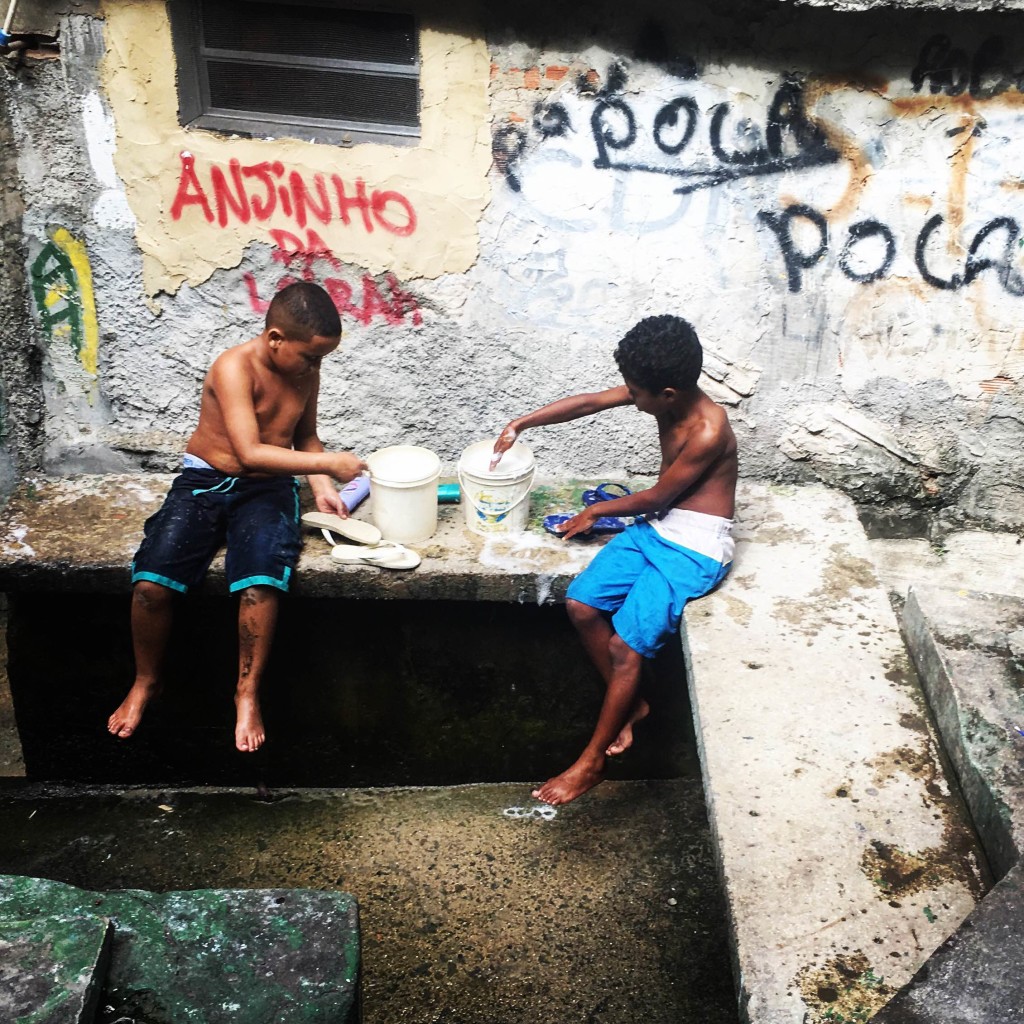
The other day, CNN’s top headline was: Rio 2016’s ‘perfect storm.’
“The Olympic Games arrive in Brazil at a time when the country is ravaged by crises,” it began, then detailed the Zika virus, the government meltdown, and economic woes.
“No news,” one commenter wrote. “Rio’s always been a shit hole.”
I often get defensive when people trash talk the places I’ve traveled to — and loved. Because it feels like they’re trash talking a friend or family member.
I guess I’m weird that way — for years, I’ve fallen in love with places the way I fall in love with people. And strangely, many of the places I’ve loved the most are the ones that have been deemed the most “unlikable.”
***
Afghanistan was the first unlikable place I loved.
Most of the people I deployed with hated it. But, nine years later, when I think about Afghanistan, I don’t fixate on the death, dust, and poverty. Instead, I remember the night my friend A., a civil affairs officer, visited me at a rural outpost near the Pakistani border.
A’s interpreter let us share his food, and it was magnificent — a stew with chunks of tomato, onion, and meat.
A. and I sat beneath a star-studded sky and dipped naan bread into that stew. It was a chill night — on the cusp of autumn — and we talked about what we’d been up to since we’d last met. The view in front of us was moon-drenched mountains.
***
I was only in Rio for three weeks.
Many of the issues I saw in Rio are issues that are becoming more pervasive worldwide. For instance …
Income disparities. Nearly a quarter of Rio’s population lives in favelas (slums). And wealth, or lack thereof, falls largely along racial lines.
Environmental degradation. The city was crowded, the traffic was obnoxious, and officials were frantically trying to clean up polluted waterways like Guanabara Bay ahead of the Olympics.
In addition, there were lots of travel “inconveniences” in Rio — a large language barrier (I can count on one hand the number of locals I met who spoke English), hit and miss food, many ATMs that didn’t accept international credit cards (and many vendors who only accepted cash).
And yet … I was blown away by Rio’s beauty.
Rio is a total package in the outdoors department — ocean, hills, and Atlantic rainforest (complete with monkeys scampering through tree canopies). I took many heart-thumping hikes with heart-stopping views.
I also fell in love with the produce. Again and again, I stumbled into farmer’s markets and would walk away with bags of fruit I’d never eaten before, like persimmons and sugar apples.
I also loved the architecture in Rio — much of it crumbling, but achingly beautiful nonetheless.
I could go on with the things I loved, but suffice to say that I found Rio rough and raw and riveting — and that I’ve thought about it every day since I left.
There’s a spirituality to travel. And one of the most spiritual things about it is the journey of withholding judgment and preconceived notions, digging below the surface, and learning to love the nuances of a place that’s been deemed unlikable by the people you know, by the media, by the history books, etc.
I’ve often felt that if I can learn to love an unlikable place, then I must have the capacity to love an unlikable person. Surely, the practices are one and the same.

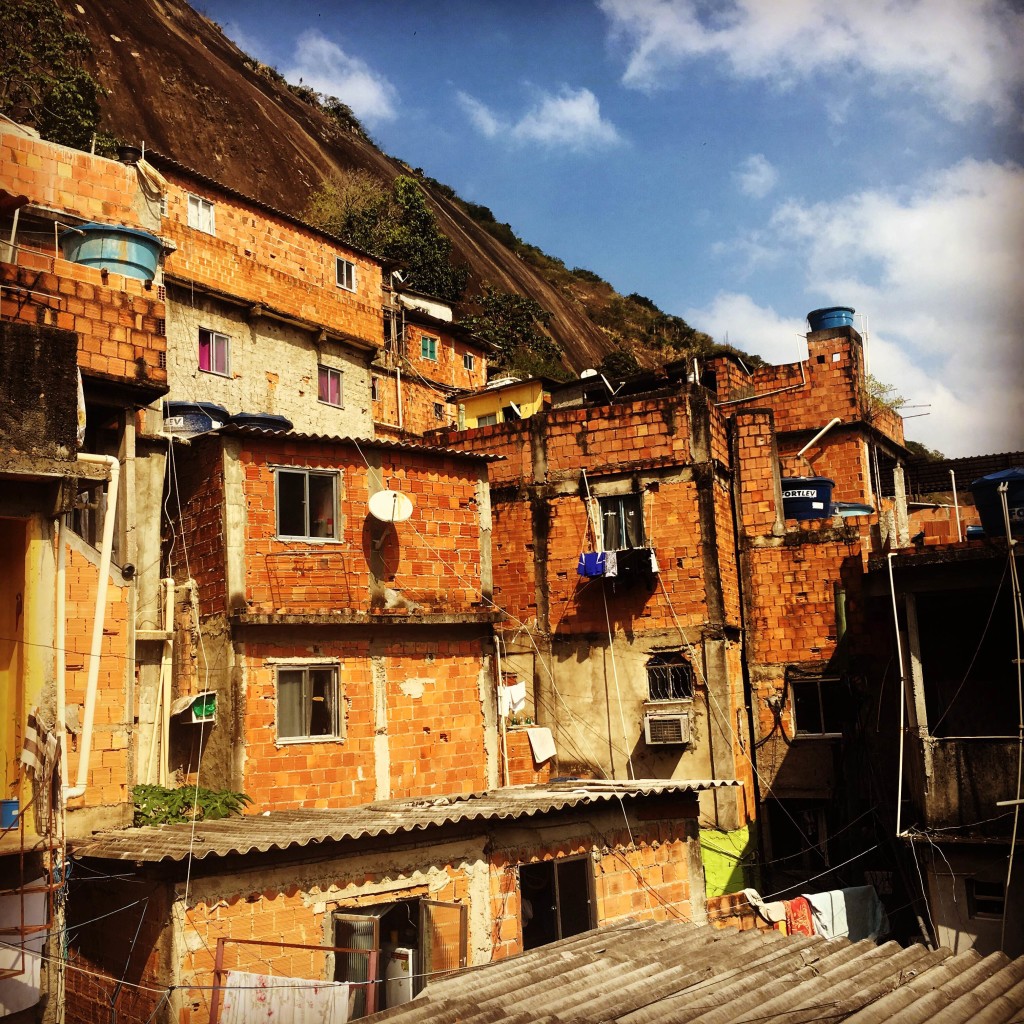
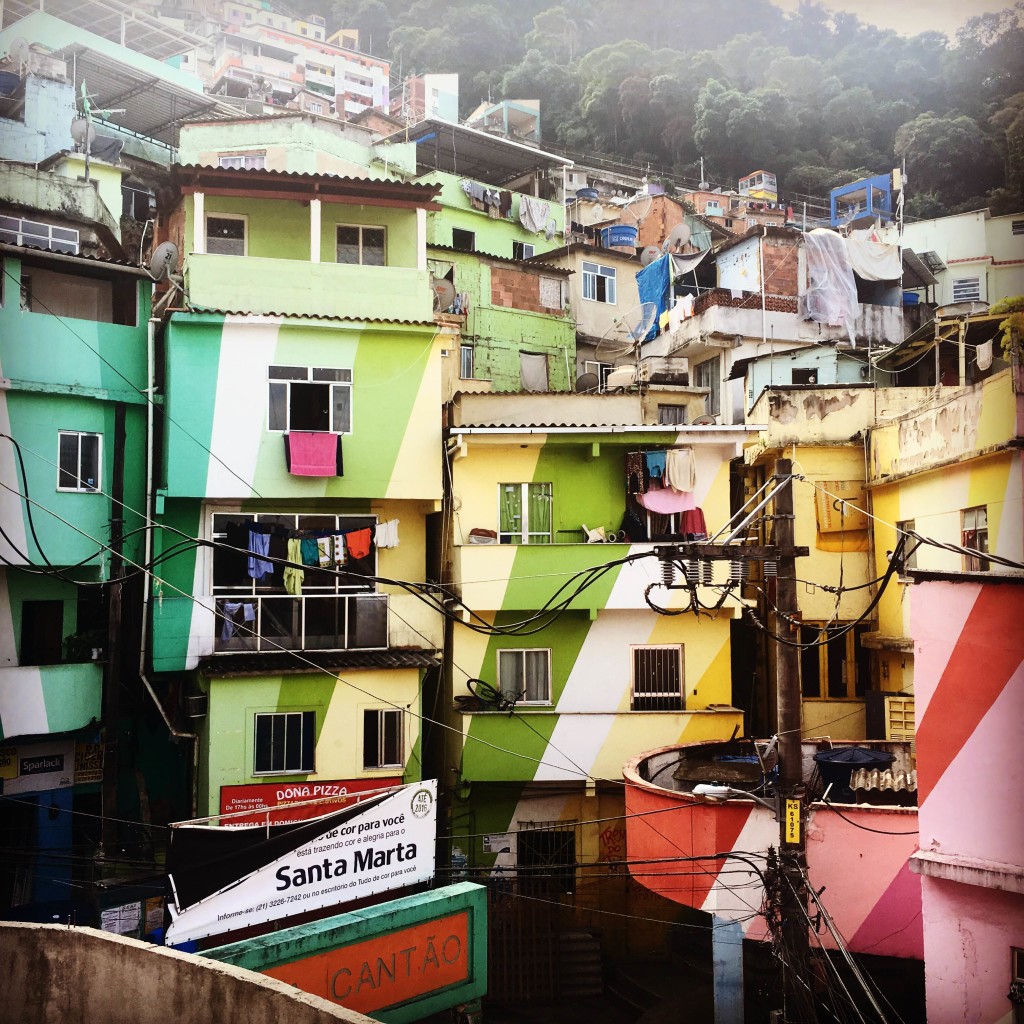
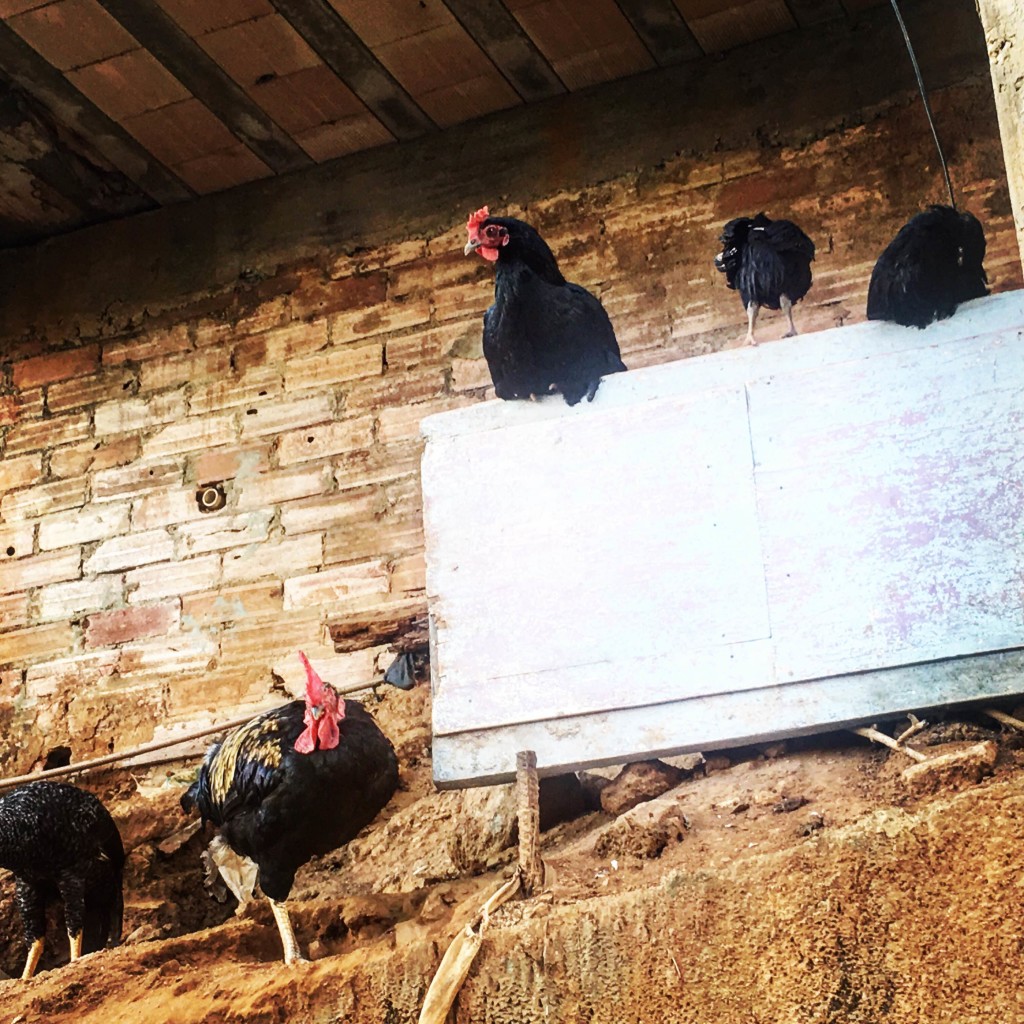
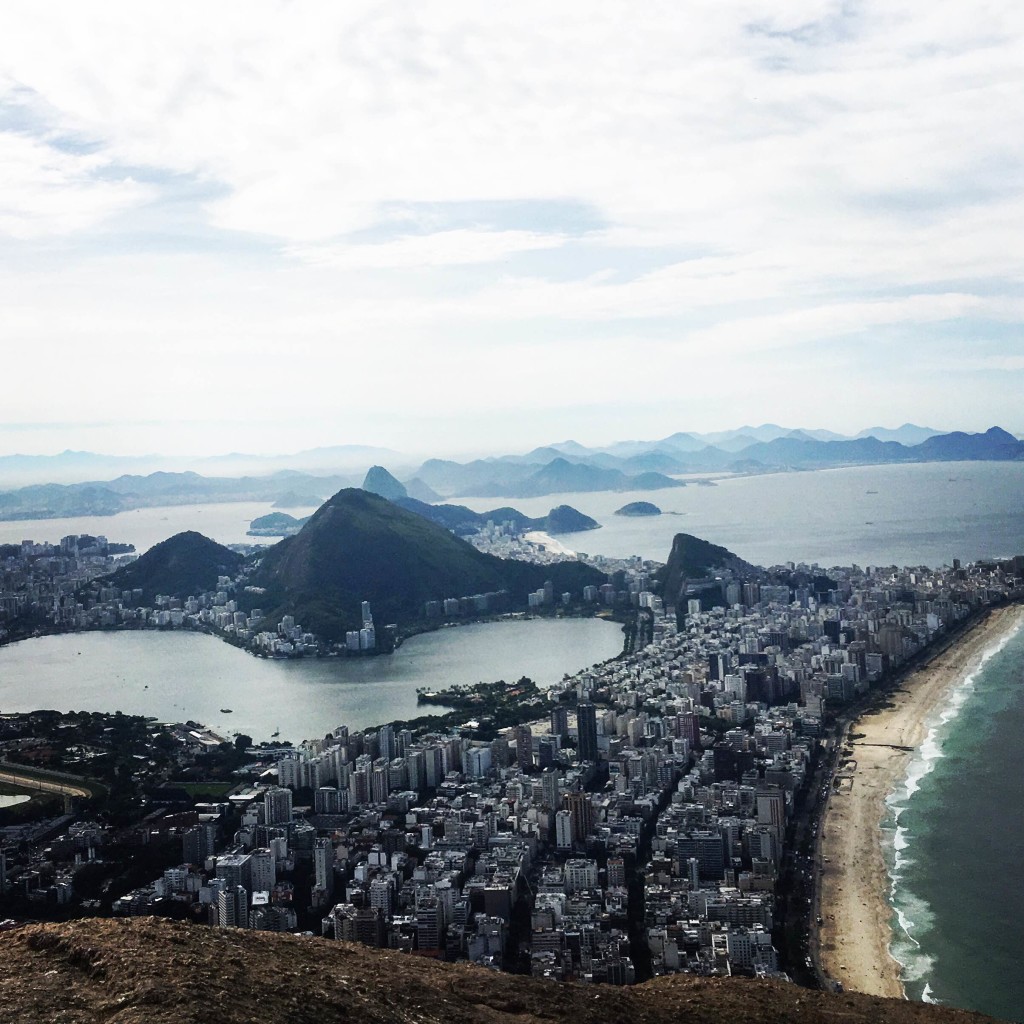
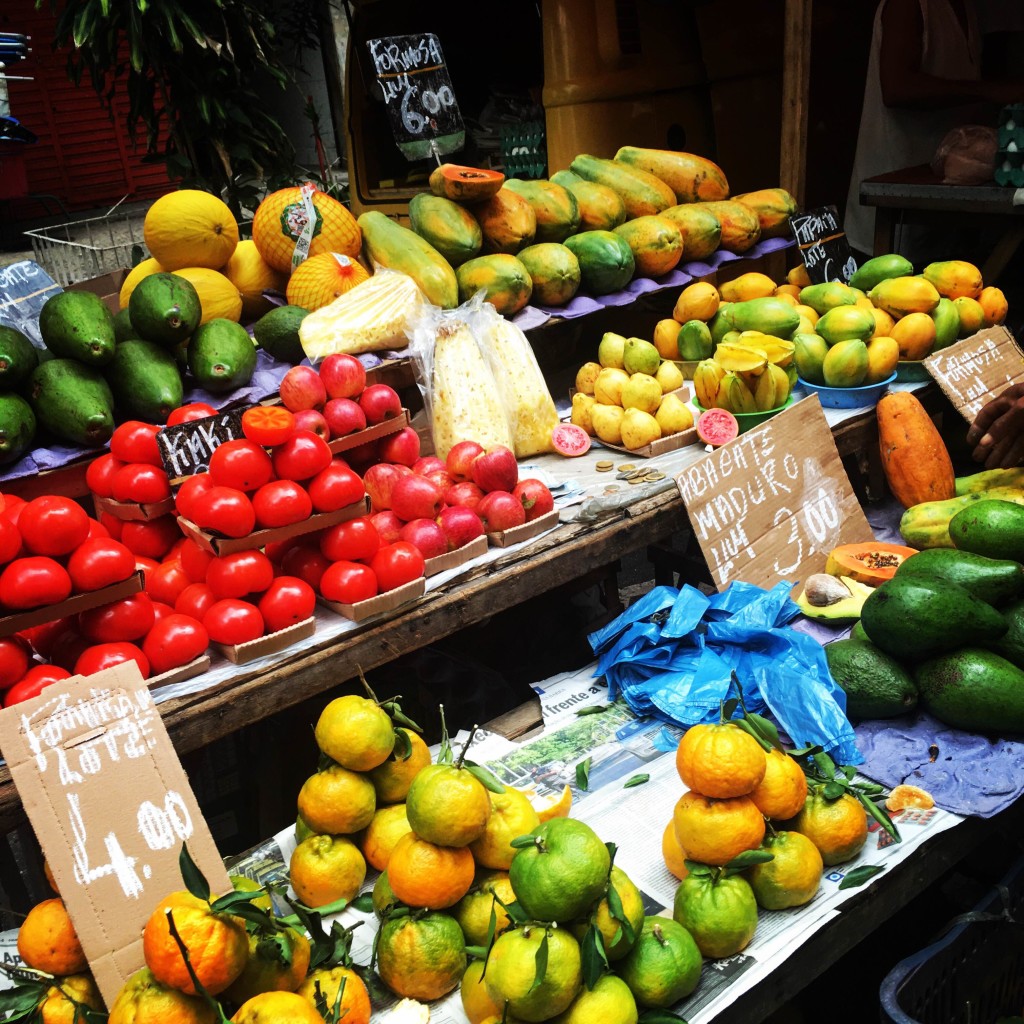
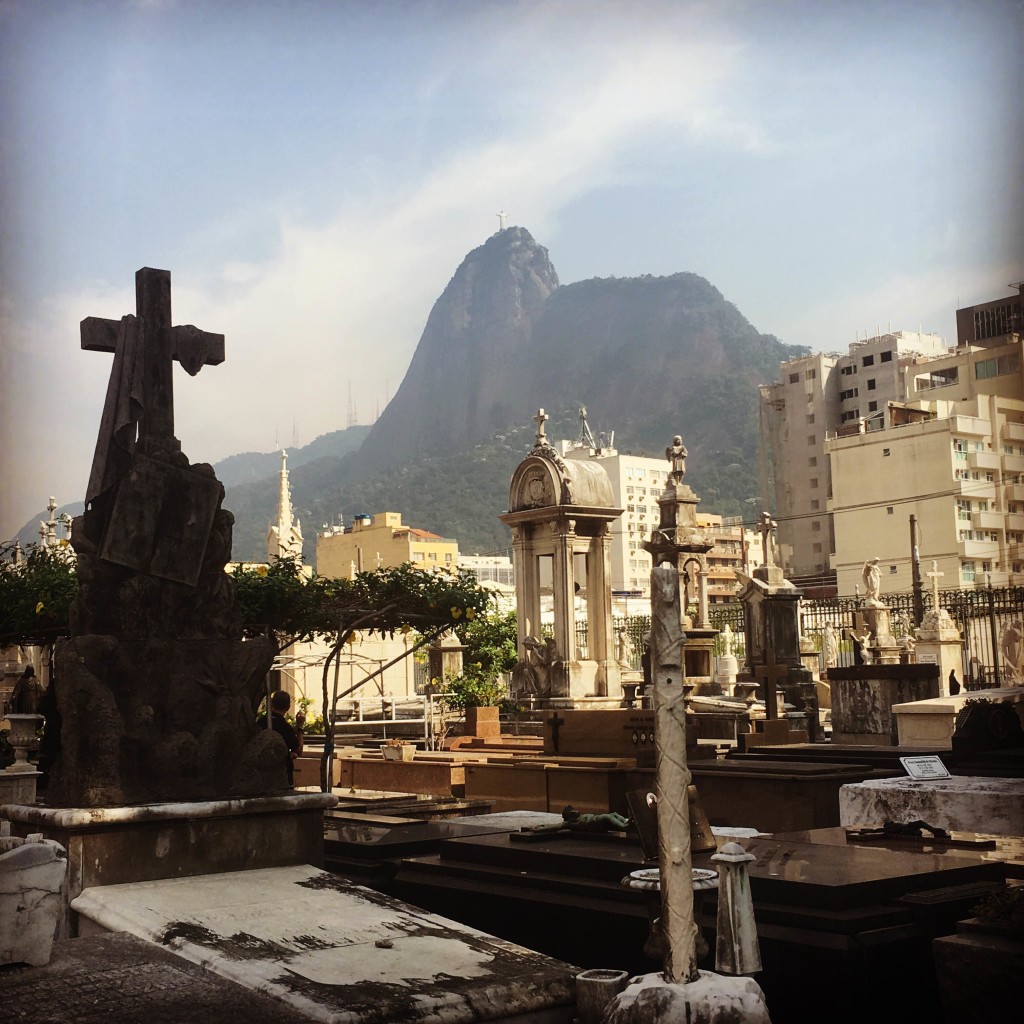
2 Responses to “Rio de Janeiro — Loving an unlikable place”
Scott
I really enjoy your writing! You have an impressive capacity for cutting through the typical travelogue silliness many writers get mired in (perhaps believing it is the ‘proper’ way of doing things). I admire your honesty and clear view that most of us fail to realize is missing from our own view until you point it out. Thanks!! 🙂
Lori
Thanks so much Scott! Your words means a lot.